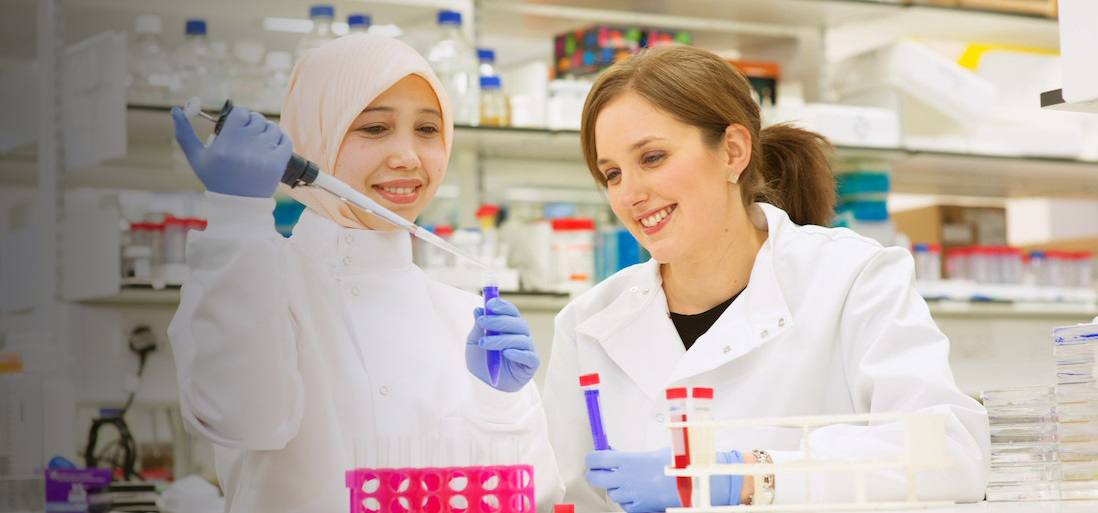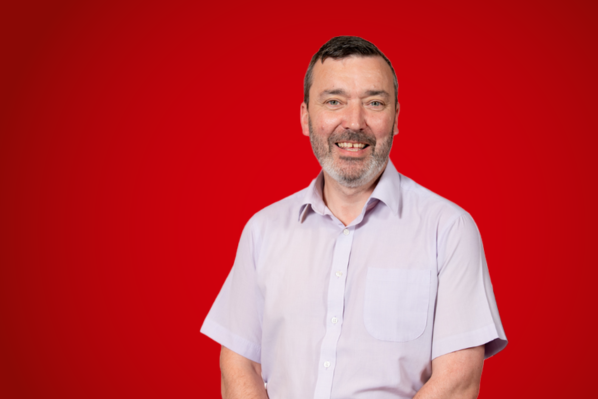BLOG: Building Equitable International Research Collaborations

As part of the Fellowship Academy Insights series Nikki Kernaghan, Head of Global Research Partnerships at Queen’s, met with Fellows to provide an overview of how Queen’s has and continues to develop international partnerships. As a member of the prestigious Russell Group, Queen’s already has ties with many top universities in the UK and Ireland. Since 2015, Queen’s academics have undertaken research with more than 4000 collaborators worldwide, on projects of global significance. We also heard from a panel of experienced international collaborators on their experiences, what they’ve learnt and their advice for Fellows as they begin to build and maintain international collaborations.
Panel
- Dr Aine Aventin – Lecturer, Nursing and Midwifery
- Professor David Rooney – Dean of Internationalisation and Reputation Chemistry and Chemical Engineering
- Professor Trung Duong –Electrical Engineering Electronics and Computer Science, ECIT
Slides and a recording of the session are available below.
During Nikki’s presentation she discussed the increasing rate of internationalisation across Queen’s both from a research and a learning perspective, with Queen's fostering an increasing number of important research relationships, and forming global partnerships to drive innovation. Noting that members of the Fellowship Academy are from a diversity of countries and who already bring an international outlook to their work.
Further, that developing ideas, collaborating across disciplines and offering intellectual mobility are essential for researchers to develop their research agendas. Building long-term partnerships provides support and guidance for researchers, noting that “the whole is greater than the sum of the parts”. In many cases, delivering large-scale research projects takes a combined effort across many universities and from a diversity of researchers. Professor David Rooney discussed how his many international partnerships he has established, including in China, have given him access to people with whom he has developed ideas and long-term projects. Following a question from Mehdi, David discussed what he saw as some of the differences between partnerships and collaborations, with partnerships about the long term, happening at many levels and building the capabilities of all the researchers involved. Collaborations more focused on specific projects and with a more task-focused approach.
Importantly, Nikki noted that from an equitable approach all those involved should be benefitting equally from their contributions to the research, that there should be mutual benefit and mutual respect. From the start, researchers should be thinking about partnerships of equals, with the process about co-production and co-creation. Nikki highlighted an article on Building Partnerships of Equals by Dr Jennie Dobson at UK Collaborative on Development Research (UKCDR).
Nikki provided a definition of partnership as:
- An ongoing collaborative relationship among or between organisations and stakeholders,
- Aligned interests around a common vision,
- Combination of complementary resources and competencies, and shared risks,
- Maximized value creation,
- Delivering benefits to each of the partners.
Noting that there are a number of levels to collaborations and partnerships:
- Strategic/Institutional
- Faculty/School
- Individual partnerships
- Informal partnerships
Informal partnership commonly begins by meeting other researchers at conferences who have common interests, which may lead to longer term formal collaborations. These are the essential building blocks to long-term partnerships. One challenge with informal partnerships is that they are dependent on an individual’s time, so developing these collaborations will require expanding the group involved, to share the load, effort and energy.
Nikki outlined how Queen’s is keen to map all existing research partnerships, which can then become resources for researchers who wish to establish international partnerships. She highlighted some pump priming funding that is available to get started, including the Agility Fund.
Dr Aine Aventin encouraged the Fellows to be proactive about building partnerships and to access the wealth of resources and knowledge in R&E, including workshops and funding opportunities. She had benefitted from small pots of funding when she was starting her work in Lesotho. Aine also suggested looking for mentoring at school level with people who are working in international collaboration. Professor Trung Duong also suggested looking for grant funding to get started and that he had benefited from a Newton Fund Grant to begin his international partnerships; he now has collaborations with researchers across Asia, including Vietnam and Taiwan.
During her presentation Nikki highlighted the ongoing work to map the collaborations and partnerships, which is available by contacting Nikki, alongside support and resources available with R&E and across Queen’s. See slides for further details.
In discussing the Partnership Lifecycle, Nikki and others in the panel noted that although the build stage is essential, it is equally important to maintain these partnerships. Professor David Rooney discussed that a challenging stage is when the collaboration is drawing to a close and you need to decide what if any are the next steps for the partnerships. However, researchers should make efforts to ensure that the partnership does not ‘drift away’. David suggested that you should reconsider the reason for setting up partnerships and if it is still working for everyone involved.
David noted that co-creation takes time, with the prize submitting grant applications, but effort needs to go into building engagement and partnerships well in advance of funding calls.
Aine suggested that researchers, once partnerships start to develop, should consider a Memorandum of Understanding (MOU), which Nikki discussed in more detail in her presentation. Further to that, you need to “be present” by visiting your collaborators and build the personal connections. Trung noted that during the lifetime of any collaborations that there will be hard decisions, which may require some difficult conversations, but that he has learnt to create and maintain his partnerships by getting involved and “just doing”.
Resources
Slides: Nikki Kernaghan, Building Equitable International Research Collaborations
View a recording of session: International Partnerships Video Meeting
Related links
Cape Town Statement - WCRIF - The World Conferences on Research Integrity Foundation.
https://www.qub.ac.uk/Research/Global/global-research-partnerships/
https://www.qub.ac.uk/Research/Global/
https://thepartneringinitiative.org/

